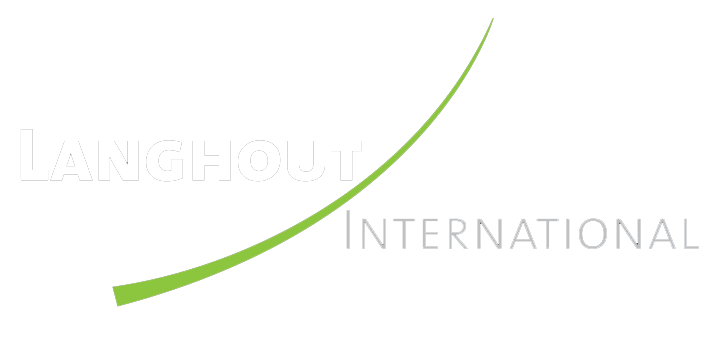A critical attribute in a leader, maybe their #1 skill, is having resilience during times of chaos and change. The uncertainty of not knowing what to do can throw a leader into a state of panic or depression because there are so many changes in the business environment, and everything seems to be in a state of flux, making it difficult to plan for certain outcomes.
My coaching colleagues and I have noted a growing and significant concern with the response to increased levels of stress among some of our clients. This raises an important question: Why are some leaders resilient in times of stress, seeming to thrive in a chaotic environment, when other leaders become forlorn, desperate, and lose focus? Can resilience be learned, and if so, how? Are there skills we can learn to enable us to thrive in stressful environments?
As a coach to CEOs and their leadership teams, I have seen the effects prolonged stress has on individuals who have not developed resilience. Recently, as I was about to start a quarterly planning session with the leadership team of a mid-market company, the CEO asked me to join him for a private conversation in his office, just as the team was waiting to start the meeting in the conference room. We sat together for a few minutes as he told me of his unbearable stress level. He was quite emotional, and definitely not ready to participate in the session.
I suggested that he take the day off and referred him to a professional skilled in working with clients like mine who are under constant stress. I observed that while his performance was rock solid, the effect of constant stress on his mind, body and emotions had taken its toll. (Note to coaches, think about developing a ‘go-to list’ of professionals who are trained to handle specific issues that we see from time to time in our client behavior, and be ready to refer out to them as needed)
Stress, and even depression (a term which I use advisedly), are not uncommon to leaders and their families. David from the Old Testament battled depression, as did/have Abraham Lincoln, Martin Luther King, Jr., Michael Phelps and Barbara Bush. The key question is how do we, as leaders, face these challenges? One way is to identify those tools which enable us to develop resilience. It is not about being “tough” or “thick-skinned” or stoical. Rather, it is about learning what tools we have that enable us to overcome.
How are we defining resilience? Webster's dictionary defines resilience as follows: "an ability to recover from or adjust easily to misfortune or change." The word “resilience” comes from the Latin term to “leap back.” This has the sense of making a choice, rather than a passive quality granted to some and denied to others. The resilient student chooses to overcome the math problems by leaping back. The resilient leader chooses to dip into cash reserves to enable her company to leap back.
Abraham Lincoln had multiple failures before he become one of the greatest leaders our country ever had. That is resilience. Children with disabilities have shown remarkable resilience in facing and choosing to overcome steep odds. Leaders today need to expand that definition. CEOs and other leaders need to prepare for change, challenges and chaos, so that when the inevitable chaos or crises hit, it is more easily dealt with.
Leaders must be able to cope with turmoil mentally and physically before a crisis. Leaders need to notice when they are 'full up and topped off', exhausted, and unable to think clearly or retain new information.
For leaders, or anyone with stress, if the individual’s inner battery is depleted prior to the chaos, they will be less able to handle the crush emotionally, physically, intellectually or in any other way. They will lose focus, and not be able to function as effectively. Energy reserves will be depleted, and they will be more susceptible to anxiety and rash decision-making. Rather than executing strategy with peak mental alertness and on the basis of sound advice, they will be more prone to making choices that are not well thought out. Rashness and panic may replace wisdom and calm.
If we allow stress to build without having a relief mechanism, our immune system is also compromised. It is well known that stress injures and kills. It increases blood pressure, organ disease, and can lead to heart attacks and strokes. Our bodies are created to take limited amounts of stress before we are harmed.
Strategies such as prayer, meditation and renewing one’s mind practiced daily, sometimes multiple times per day, help us to stay focused and in the moment, and helps to build response capacity. These practices can work for anyone, but especially for those operating in extreme situations.
Resilience in the face of chaos is the lead off topic in our new series on leadership. This week’s CEO BrainFood Podcast episode features an interview with Susan Drumm, CEO and founder of Meritage Leadership, an Executive Coaching firm focused on helping leaders and teams be more effective. You can access Episode 25 through this link,
For more on effective leadership, visit Meritage Leadership.


